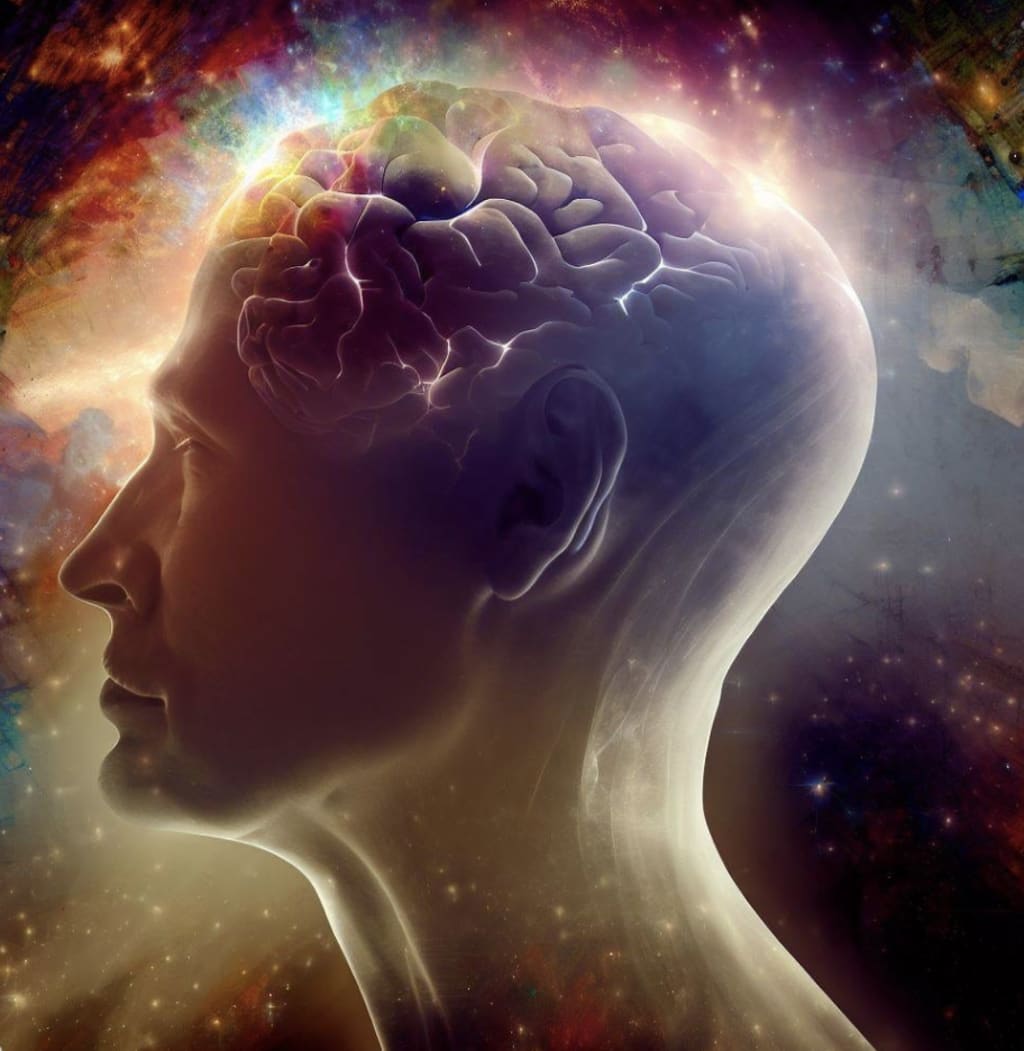The Eternal Quest: Unraveling the Purpose Behind Humans' Insatiable Desire for More
Beyond Materialism: Exploring the Deeper Dimensions of Humanity's Quest for More

The Eternal Quest: Unraveling the Purpose Behind Humans' Insatiable Desire for More
In the vast tapestry of human existence, one thread weaves through the fabric of history, binding individuals and societies together: the insatiable desire for more. This perpetual hunger, deeply ingrained in human nature, manifests in various forms – from the pursuit of wealth and power to the quest for knowledge and enlightenment. While often perceived as a driving force behind materialism and consumerism, could this relentless quest for more serve a higher purpose, guiding humanity towards growth, innovation, and self-discovery?
Since the dawn of civilization, humans have demonstrated an unyielding urge to expand their horizons, both literally and metaphorically. Ancient civilizations ventured into uncharted territories, driven by the desire to conquer new lands, establish dominion over resources, and extend their influence. This expansionist impulse, rooted in survival instincts and territorial instincts, laid the groundwork for the development of societies and the exchange of ideas and cultures.
As societies evolved and civilizations flourished, the desire for more took on new dimensions, encompassing not only physical conquests but also intellectual pursuits and artistic endeavors. The Renaissance era, for instance, witnessed a resurgence of interest in learning, exploration, and creativity, fueled by a fervent desire to unlock the mysteries of the universe and elevate human achievement to new heights. Visionaries such as Leonardo da Vinci and Galileo Galilei epitomized this thirst for knowledge, pushing the boundaries of science, art, and philosophy in their quest for truth and understanding.
In the modern era, the desire for more has become synonymous with progress and innovation, driving advancements in science, technology, and industry. From the Industrial Revolution to the digital age, humanity has witnessed unprecedented leaps forward, propelled by an insatiable hunger for improvement and efficiency. Innovations in transportation, communication, and medicine have transformed the way we live, work, and interact with the world around us, reshaping the fabric of society and redefining the possibilities of human potential.
Moreover, the desire for more serves as a catalyst for personal growth and self-realization, prompting individuals to strive for excellence and pursue their passions with unwavering determination. Whether in the pursuit of career success, creative expression, or personal fulfillment, humans are driven by an innate desire to transcend limitations and achieve greatness. This pursuit of self-actualization, rooted in the philosophy of humanism and existentialism, underscores the importance of individual autonomy and self-determination in shaping one's destiny.
Furthermore, the desire for more fosters resilience and adaptability in the face of adversity, empowering individuals and communities to overcome challenges and emerge stronger than before. Throughout history, humans have demonstrated remarkable resilience in times of crisis, harnessing their ingenuity and resourcefulness to navigate the complexities of a rapidly changing world. From the aftermath of natural disasters to the challenges of war and conflict, the human spirit has proven indomitable, fueled by an unwavering belief in the possibility of a better future.
However, amidst the pursuit of more, it's essential to acknowledge the potential pitfalls and ethical considerations inherent in the quest for expansion and advancement. The relentless pursuit of wealth and power can lead to greed, exploitation, and inequality, perpetuating cycles of injustice and oppression. Likewise, the unchecked pursuit of progress can come at the expense of environmental degradation and social alienation, threatening the delicate balance of ecosystems and communities.
In conclusion, the human desire for more is a complex and multifaceted phenomenon that transcends mere materialism and consumerism. It embodies humanity's innate drive for growth, exploration, and self-improvement, propelling us forward on our journey of evolution and self-discovery. While the pursuit of more may present challenges and ethical dilemmas, it also holds the potential to unlock profound aspects of our humanity and shape the course of our collective destiny. As we navigate the complexities of our desires, let us strive to harness their power for the greater good, fostering a future guided by wisdom, compassion, and sustainable abundance.





Comments
There are no comments for this story
Be the first to respond and start the conversation.